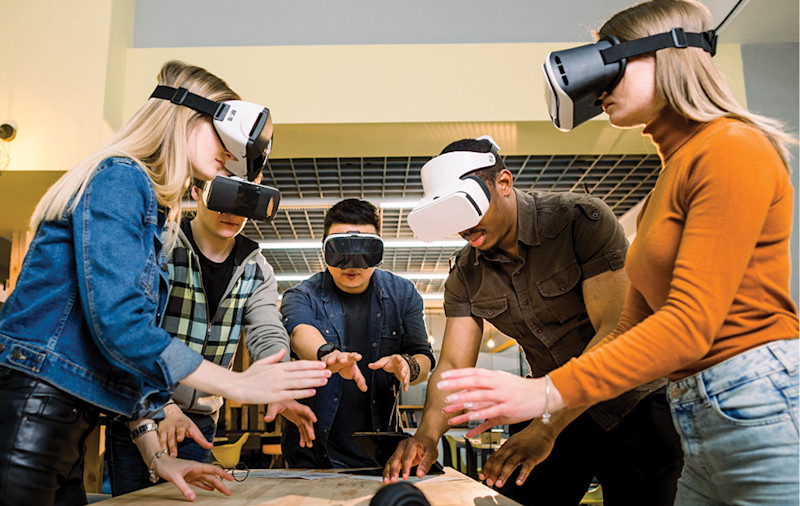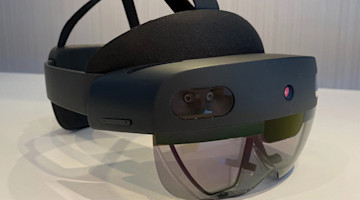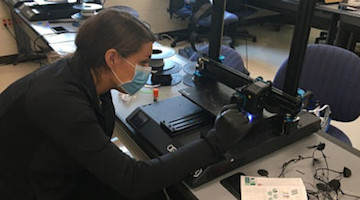You might remember a move toward open classrooms in the 1970s. That proved to be a failed experiment due to lacking adequate structure for students and teachers alike. Today, in a few states, we are seeing similar experiments happening again with open classrooms and a new generation of teachers and students. Time will tell if these experiments from nearly half a century ago will work this go-round.
It’s now 2020. In regard to education policy, strategy, and structure in the United States, there is an ongoing discussion, especially in the K-12 age range, about keeping pace as new advancements in technology impact our world. Yet while we embark on a whole new decade, we are still picking at old strategies and perspectives.
Education, like politics, is a local issue requiring local communities to implement policies that make the most sense for their community. However, in the United States, even though most local school systems have an average of six schools within their system, federal education policy decisions are made to address the needs of America’s largest school systems and largest cities. Policy rarely translates well locally.
For the career and technical education (CTE) market in the United States, AMT makes every effort with our exhibit partners at the Smartforce Student Summit at IMTS to put the manufacturing technology classroom of the future on display. We want to show teachers, administrators, and students the programs, equipment, and technology that are required to create our industry’s workforce of the future.
Most CTE schools already work with industry advisory councils to assist them in program development. The same is true at community colleges which are adept at designing workforce development programs that are influenced by local employers.
Increasingly, in the K-12 space, education programs are influenced by the national movement toward STEM education. Teachers are using the free web service Google classroom and other tools to streamline the process of sharing files within their professional learning community (PLC) and with students to simplify developing, sharing, and grading assignments electronically.
One of the biggest challenges we’re facing as an industry in CTE schools is a lack of qualified teachers. Just as we have a skills gap in our ability to recruit and hire candidates who qualify for jobs in our industry, it’s becoming more and more difficult to recruit and hire qualified CTE teachers.
In some states and local communities, we’re beginning to see pre-apprenticeships and apprenticeships for teachers. Apprenticeships are preparing the next generation of CTE teachers through an earn-and-learn model which removes the burden of student loan debt and has the potential to become a viable way of ensuring a pipeline of qualified teachers flows into CTE. This model may present an effective way forward, especially for states that have historically lagged behind in teacher pay compared to national averages.
Because of the impact on our world by new innovations in technology, future generations must adapt a mode of continuous life learning just to keep pace. E-learning in many forms, including augmented reality, virtual reality, and YouTube-type learning, will become the norm inside and outside of classrooms. How often do you currently cruise YouTube to learn how to do something in your personal or professional life? The next generation uses YouTube as one of their go-to educational sources.
In manufacturing technology, the connection to hands-on learning will remain an important supplement to e-learning. When we hire an individual, we want to be confident they can do the job. We will soon see credentials, certificates, and degrees evolving to include online badging and micro-credentials from accredited educational institutions and other sources to ensure that individual competencies, skills, and abilities meet performance measures and industry standards.






